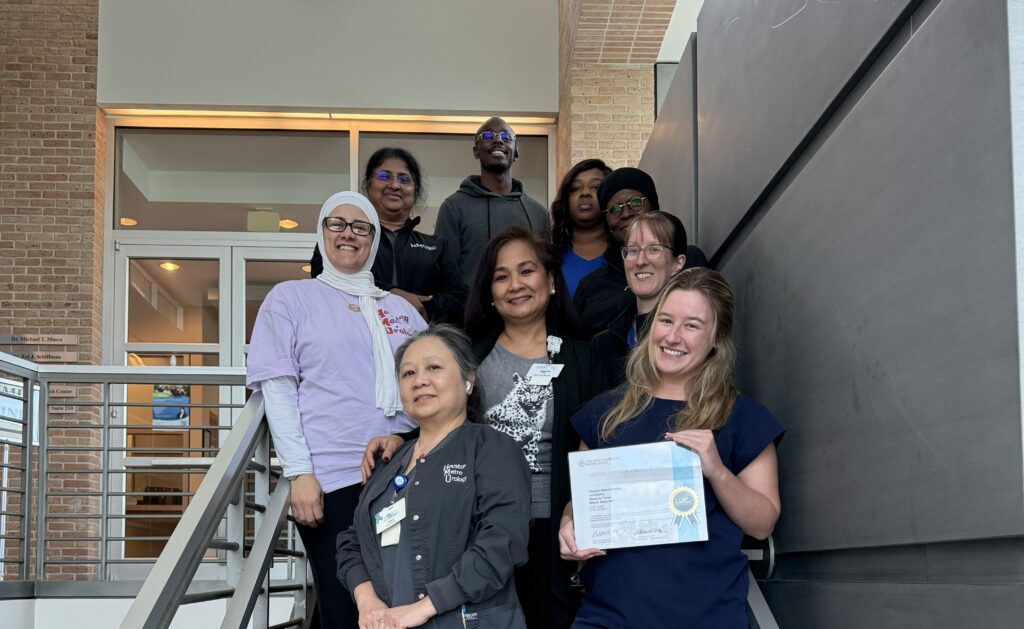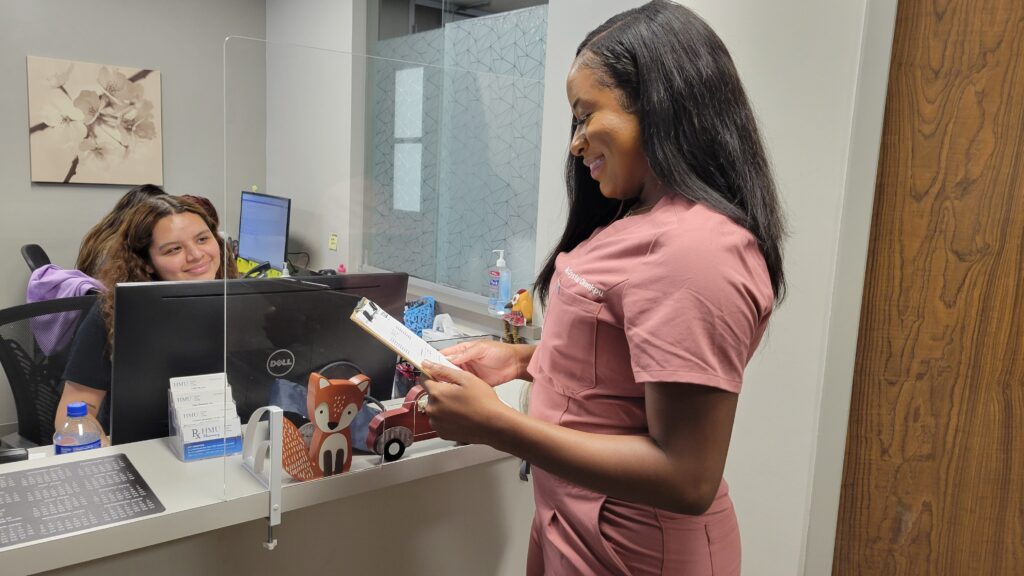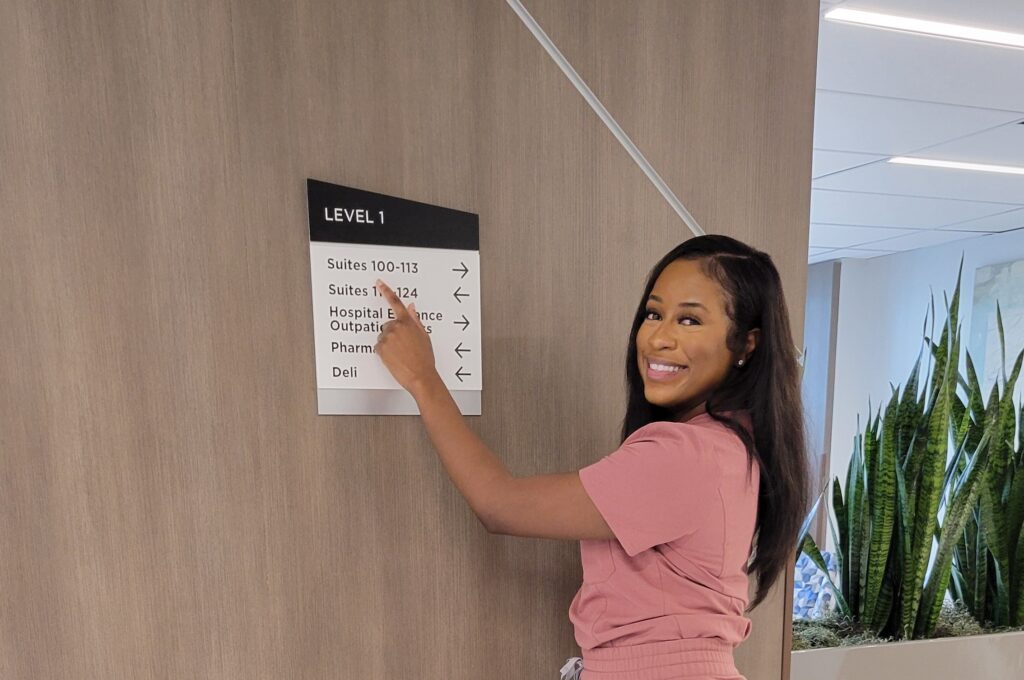Starting the morning off with coffee
In the United States, over 50% of American adults divulge in their morning routine with a warm cup of joe to get them started. This is equivalent to 150 million people every day just in the United States alone. According to the National Coffee Association, the average American drinks 3.2 cups of coffee a day. That’s over 1,168 cups of coffee a year. It’s no wonder why the United States coffee market is worth over 18 billion dollars annually.
The U.S. enjoys a cup of coffee
The point is if you’re American…you probably drink the jitter juice to start off your morning. You may have noticed after you finish a cup of your favorite brew, that sudden urge to urinate. So why does this happen? Well, it all starts with the way caffeine affects your brain.
Caffeine is a diuretic
Caffeine affects the process of hydration because it is a diuretic. This means that when you drink coffee, it causes the body to send signals to your pituitary gland that inhibit the production of the ADH hormone, which in turn causes the kidneys to not reabsorb water. This will increase the excretion of water via urine. This is the reason you have to urinate after you enjoy coffee.
Contact us to schedule an appointment with one of our urologists.




























